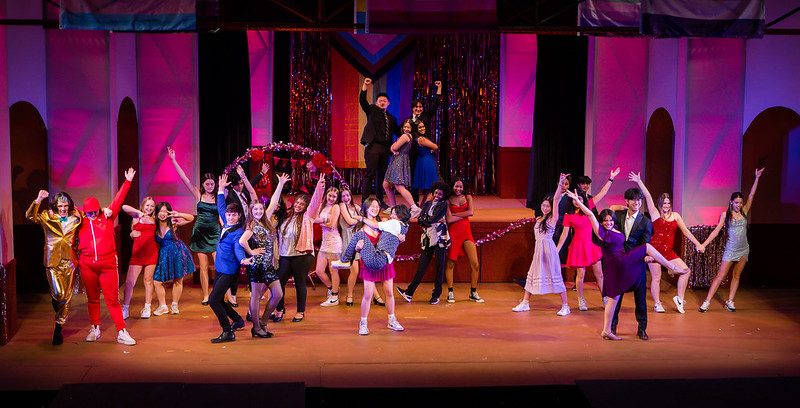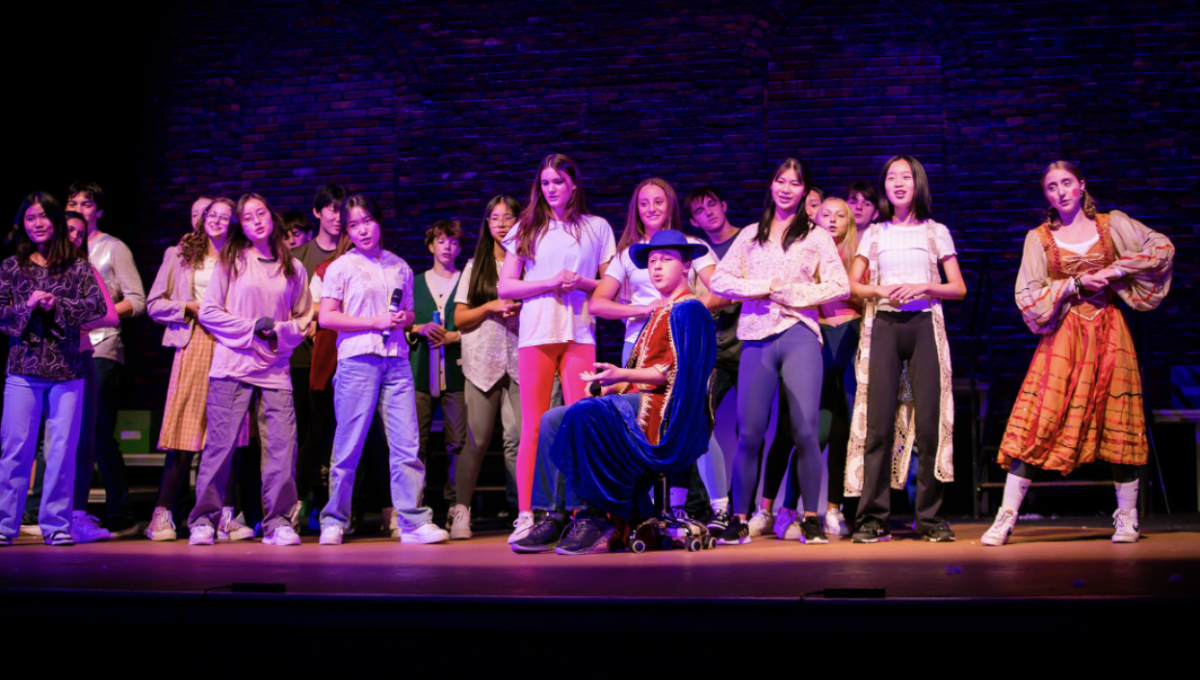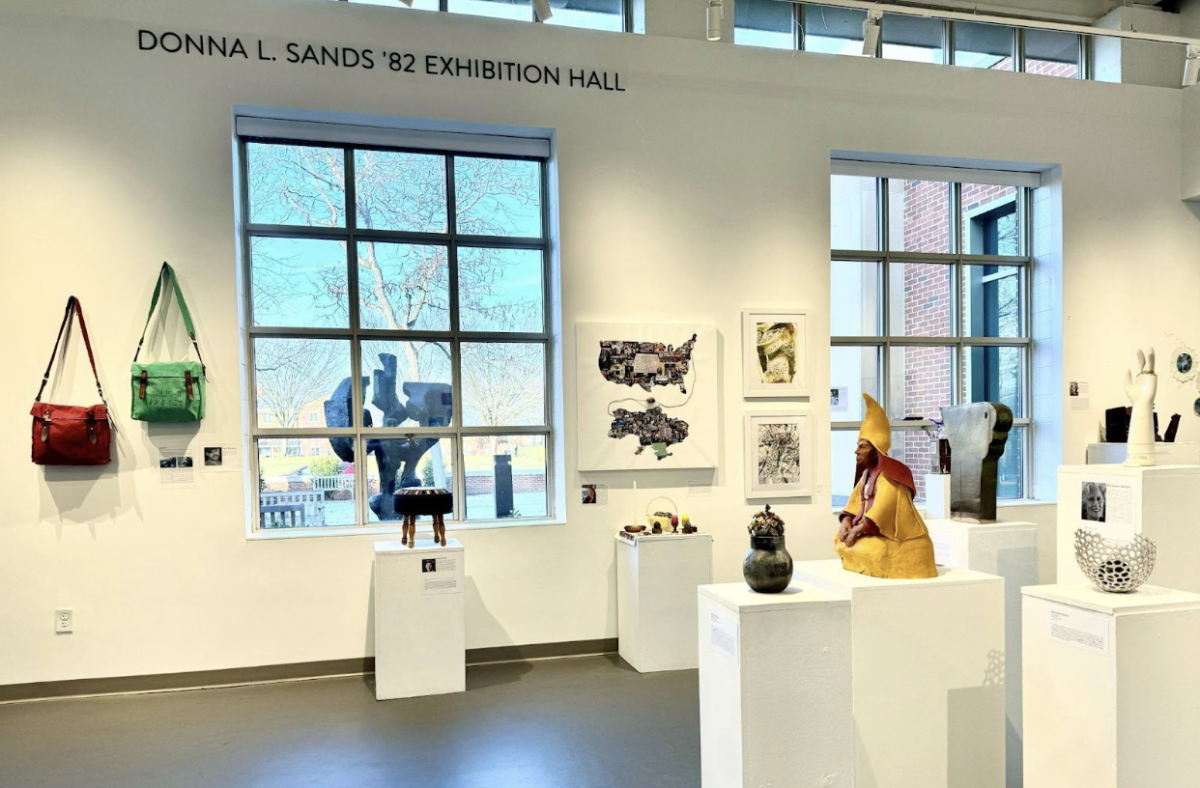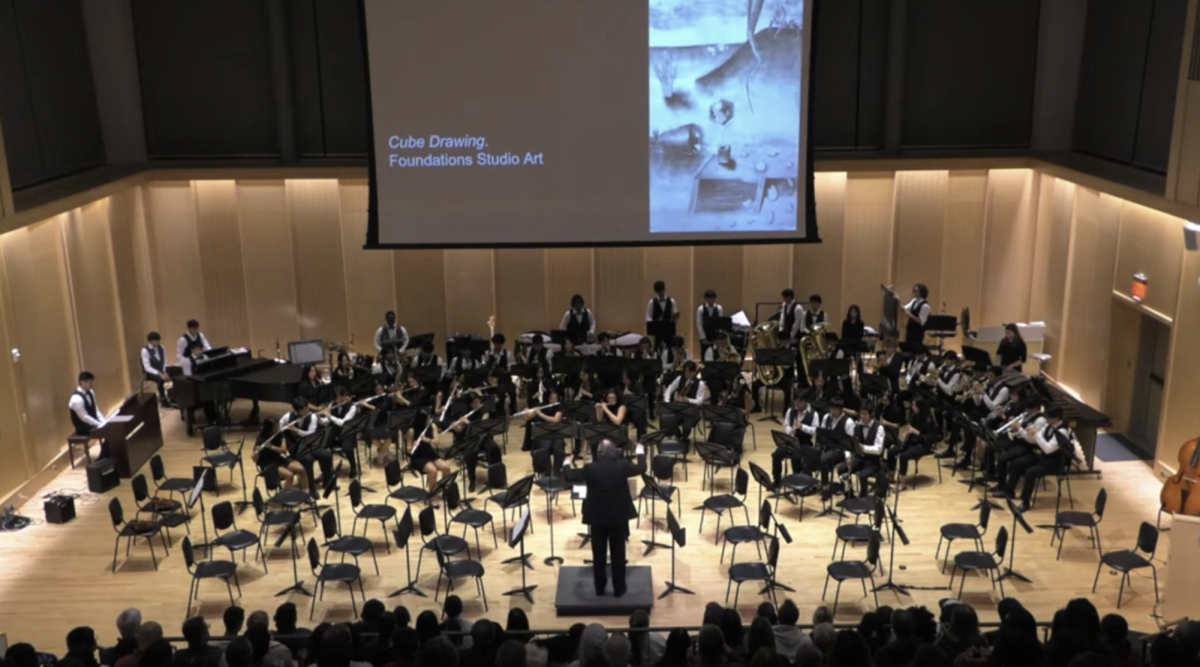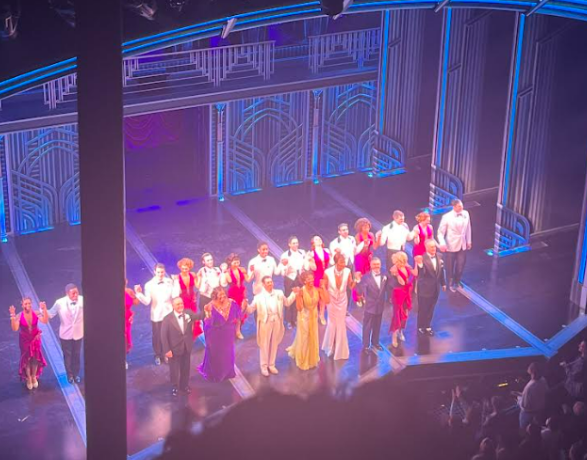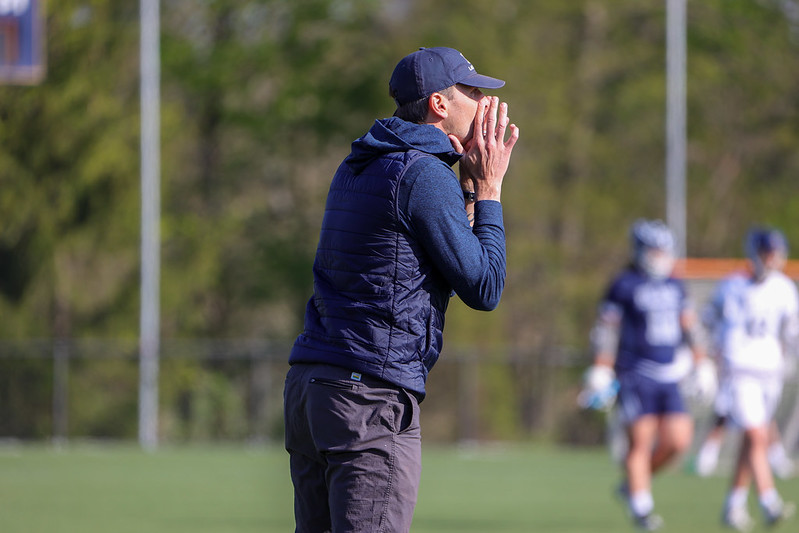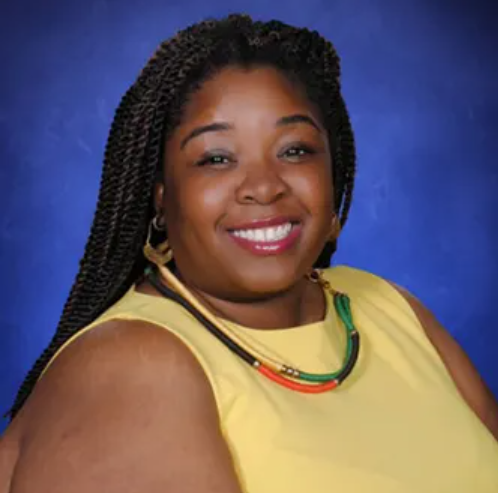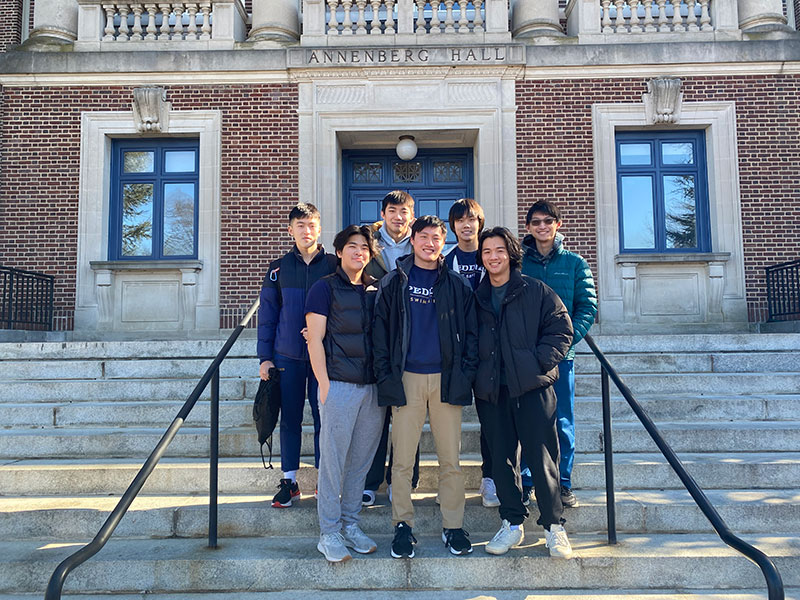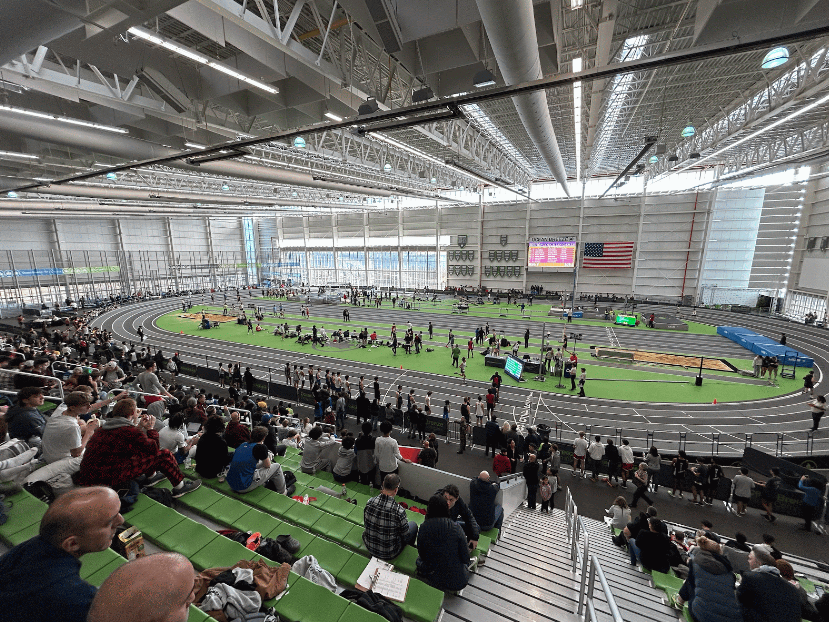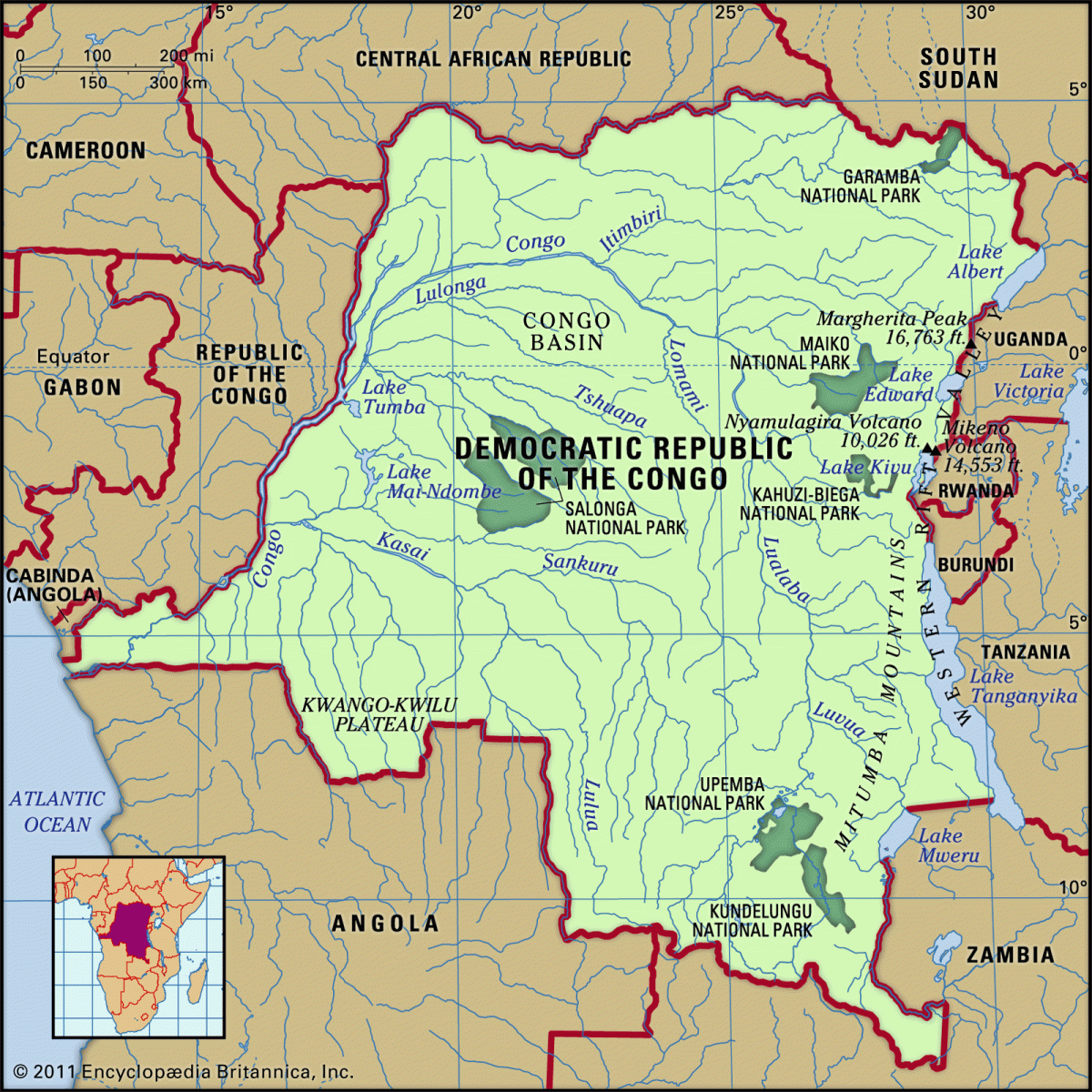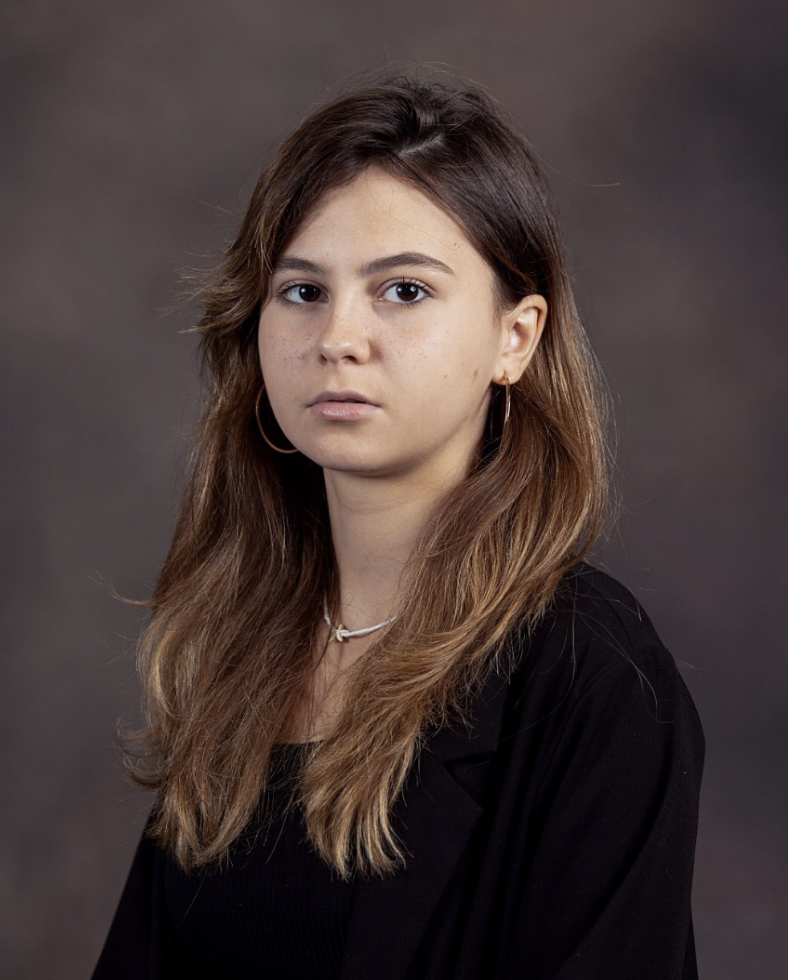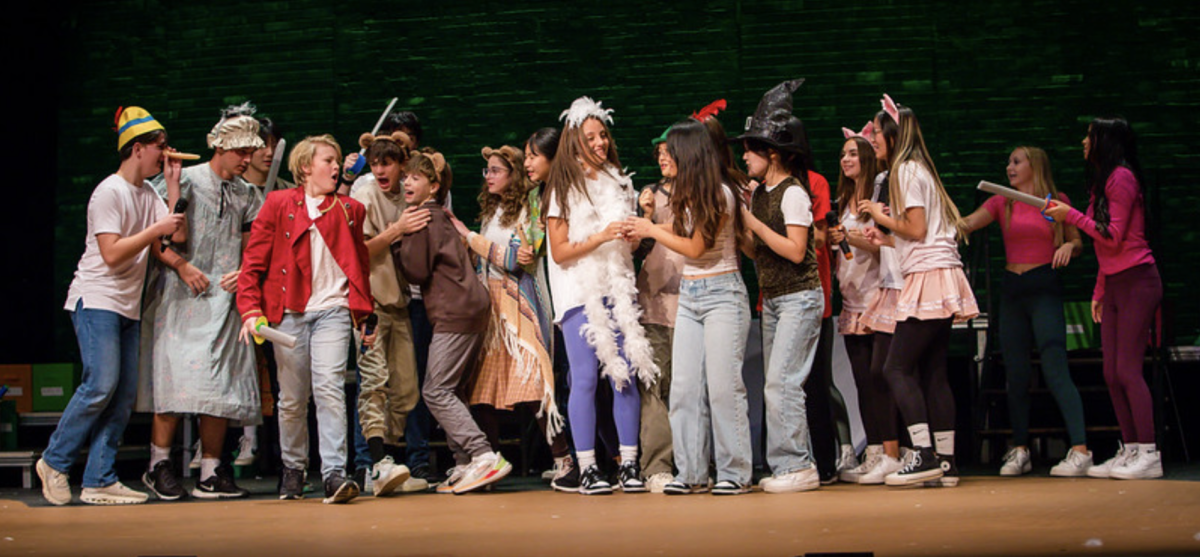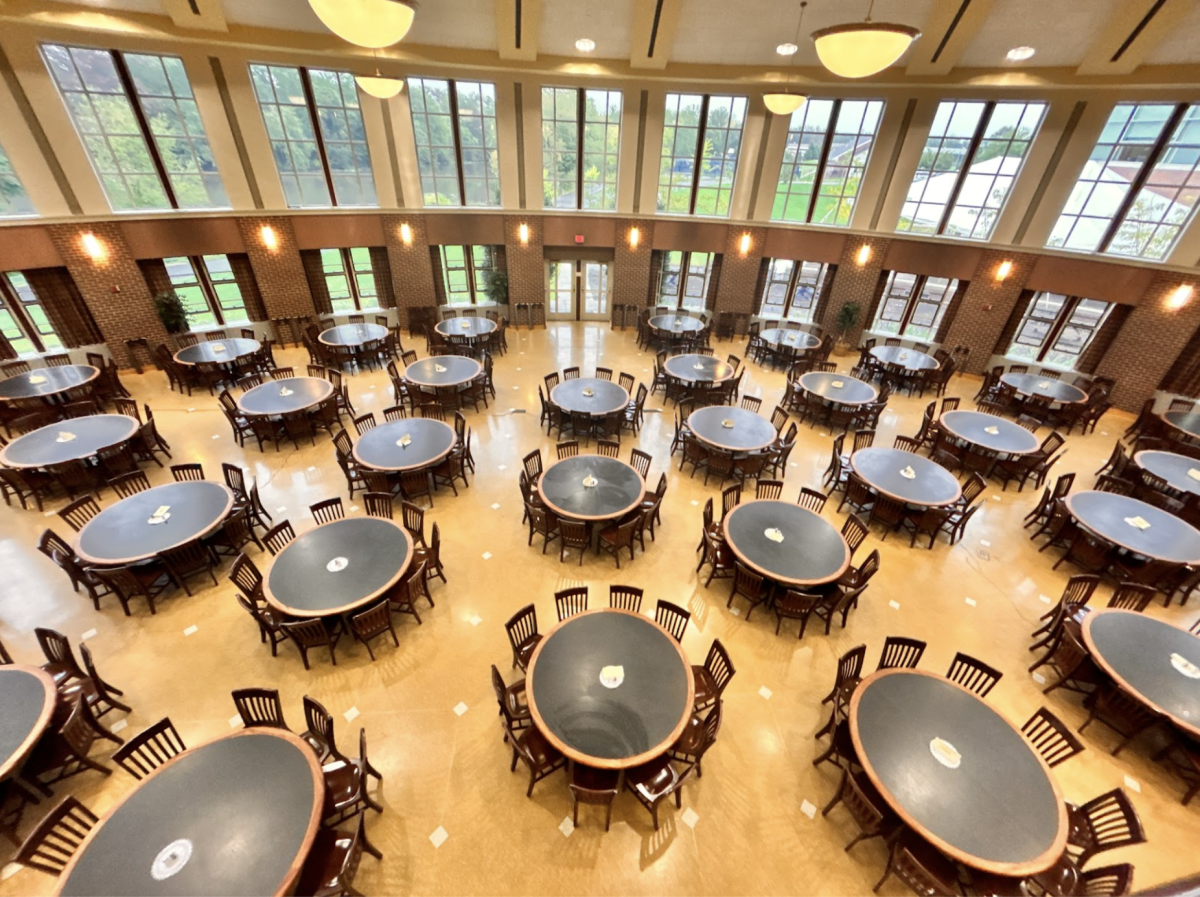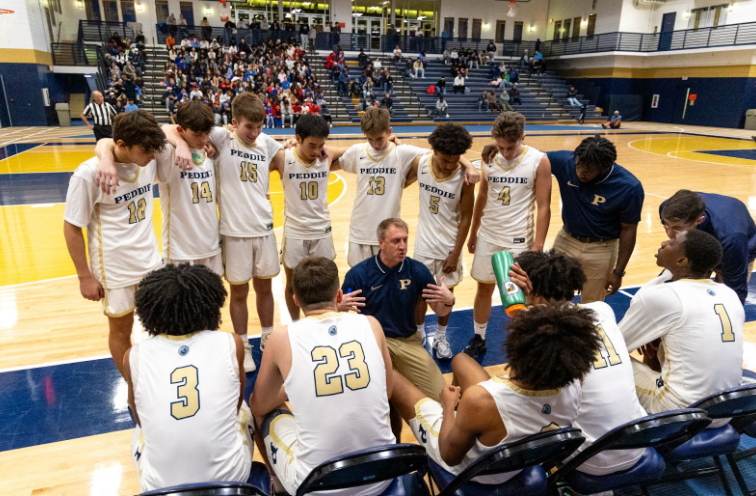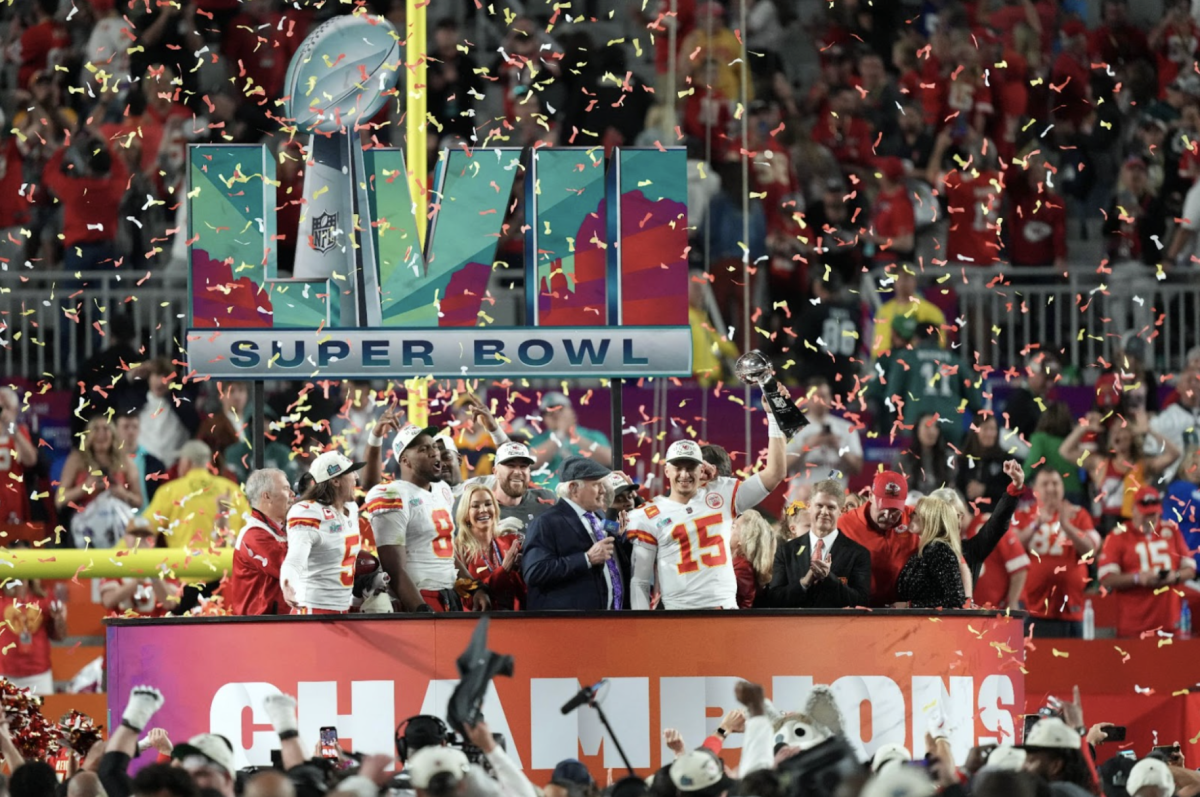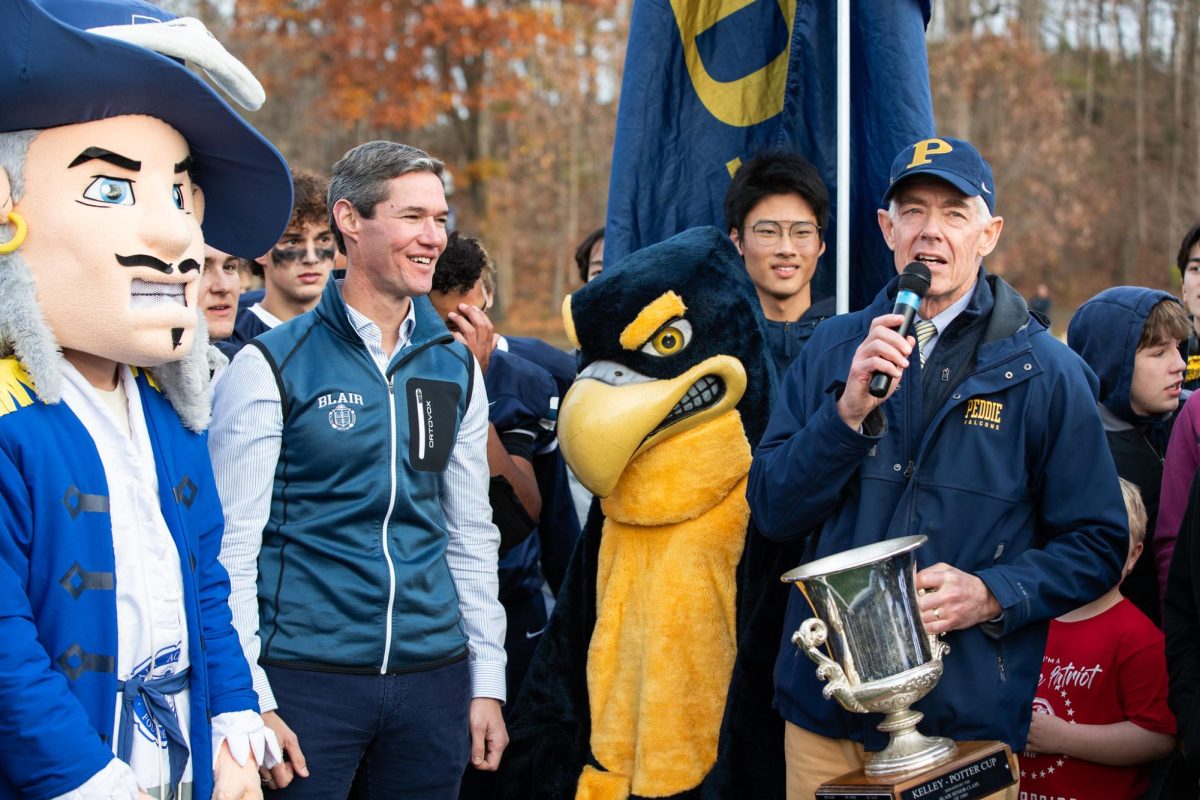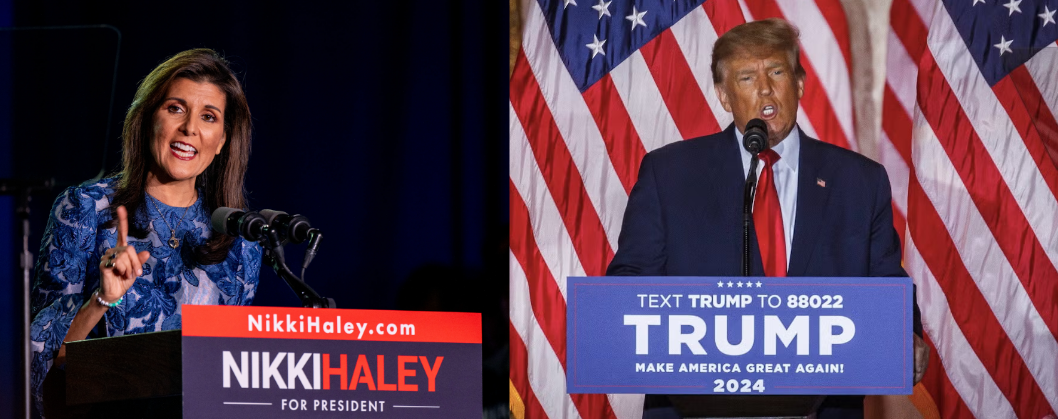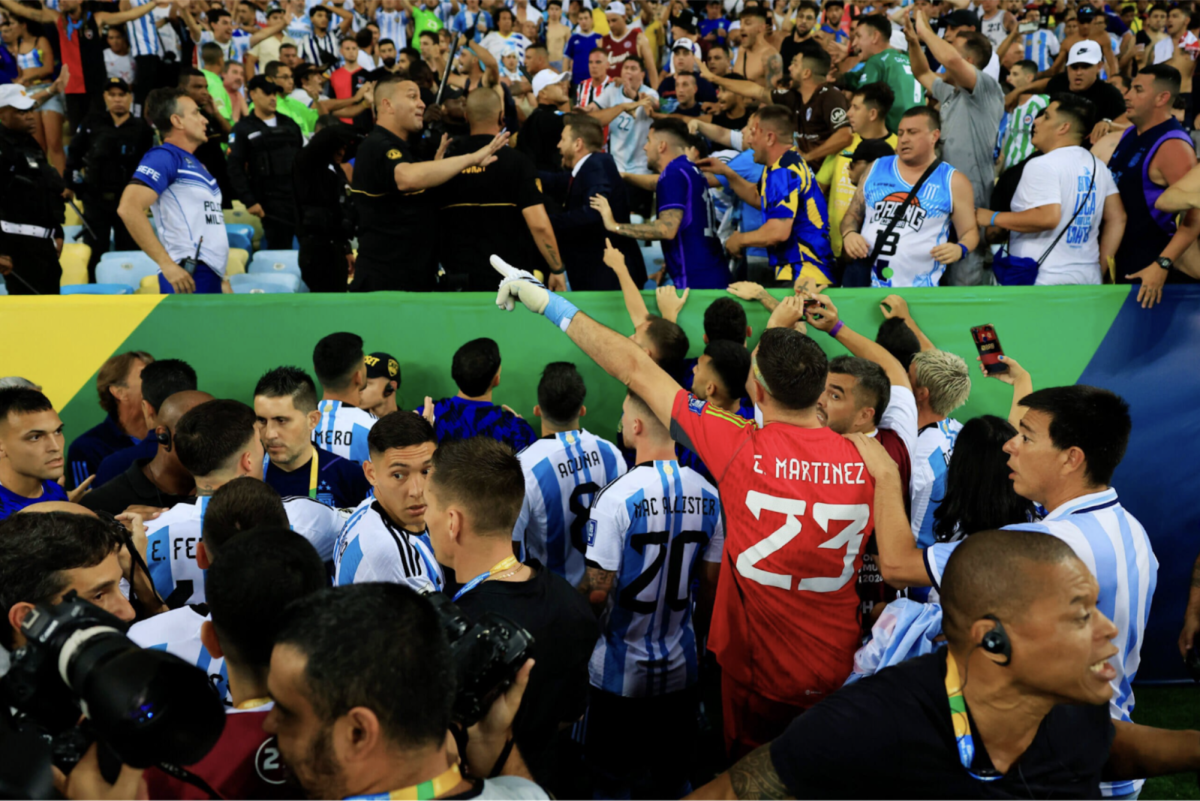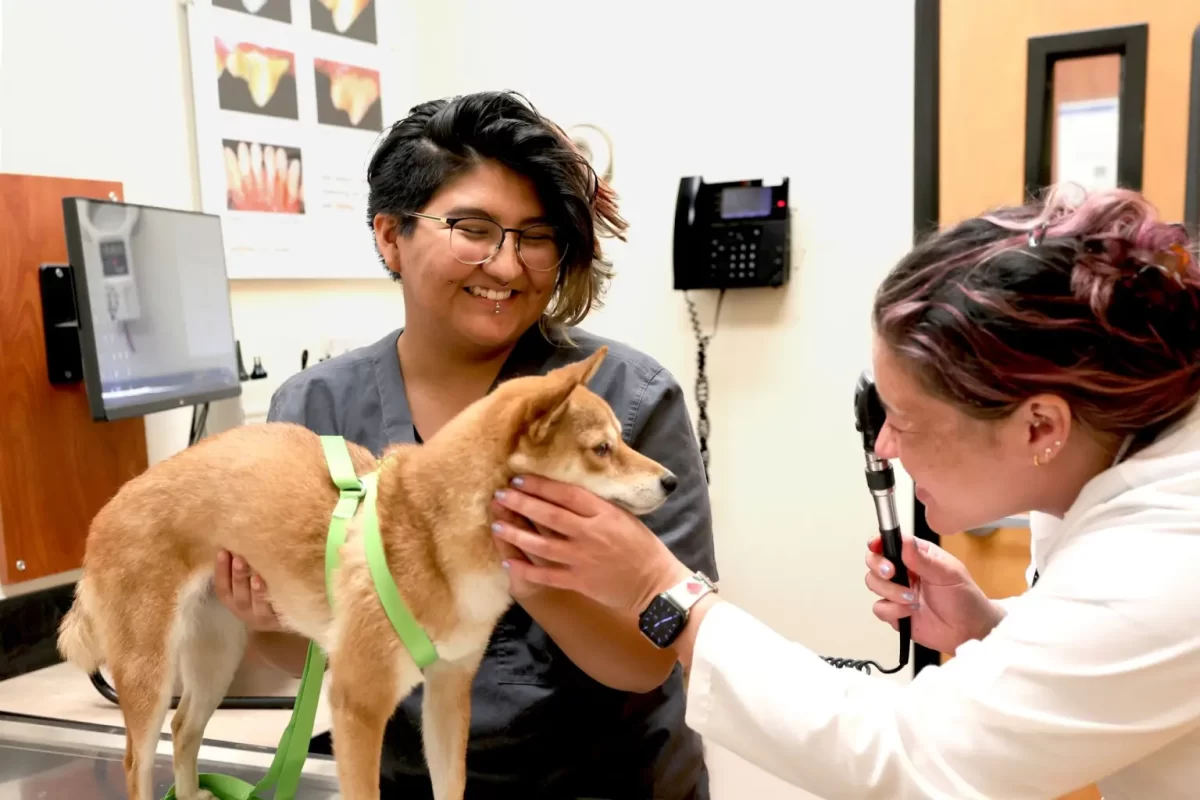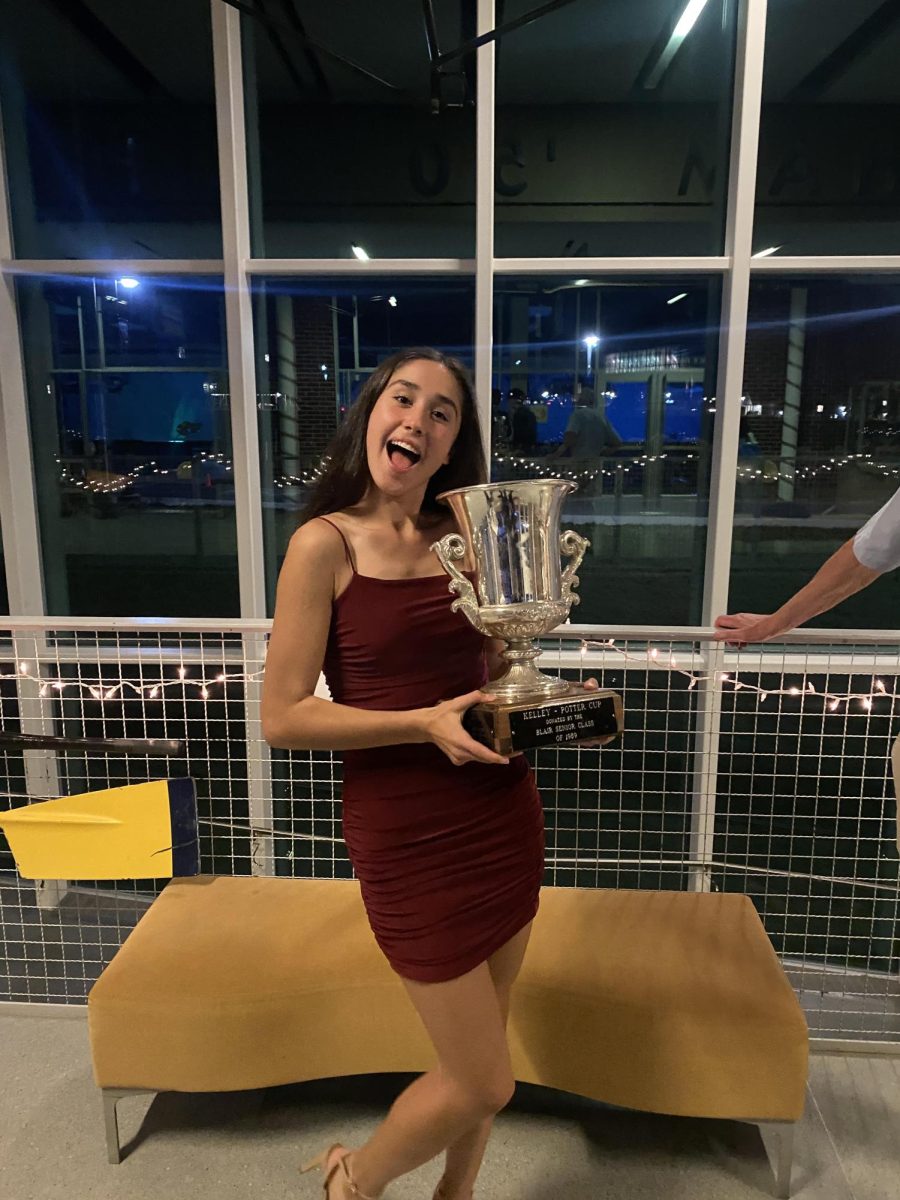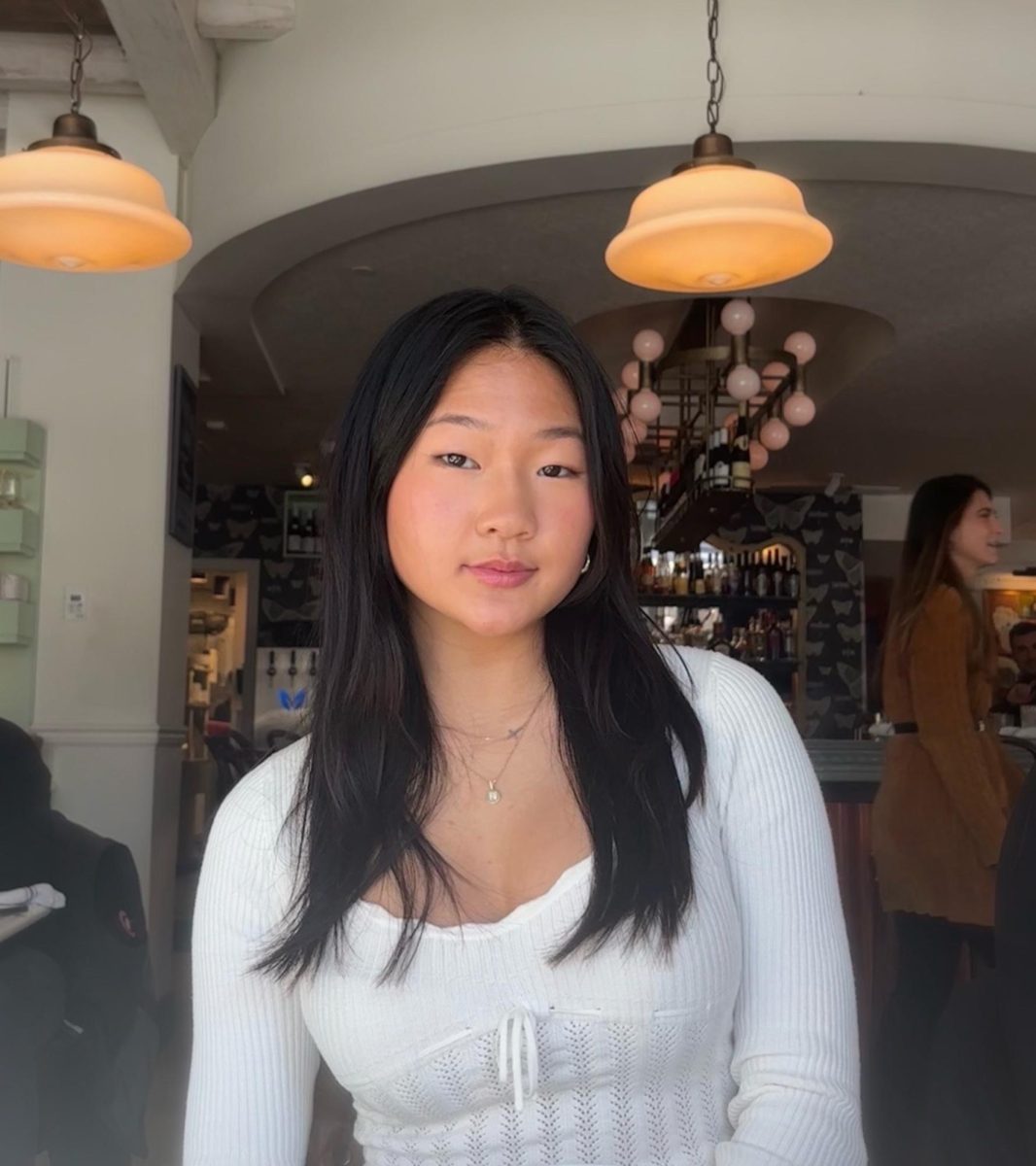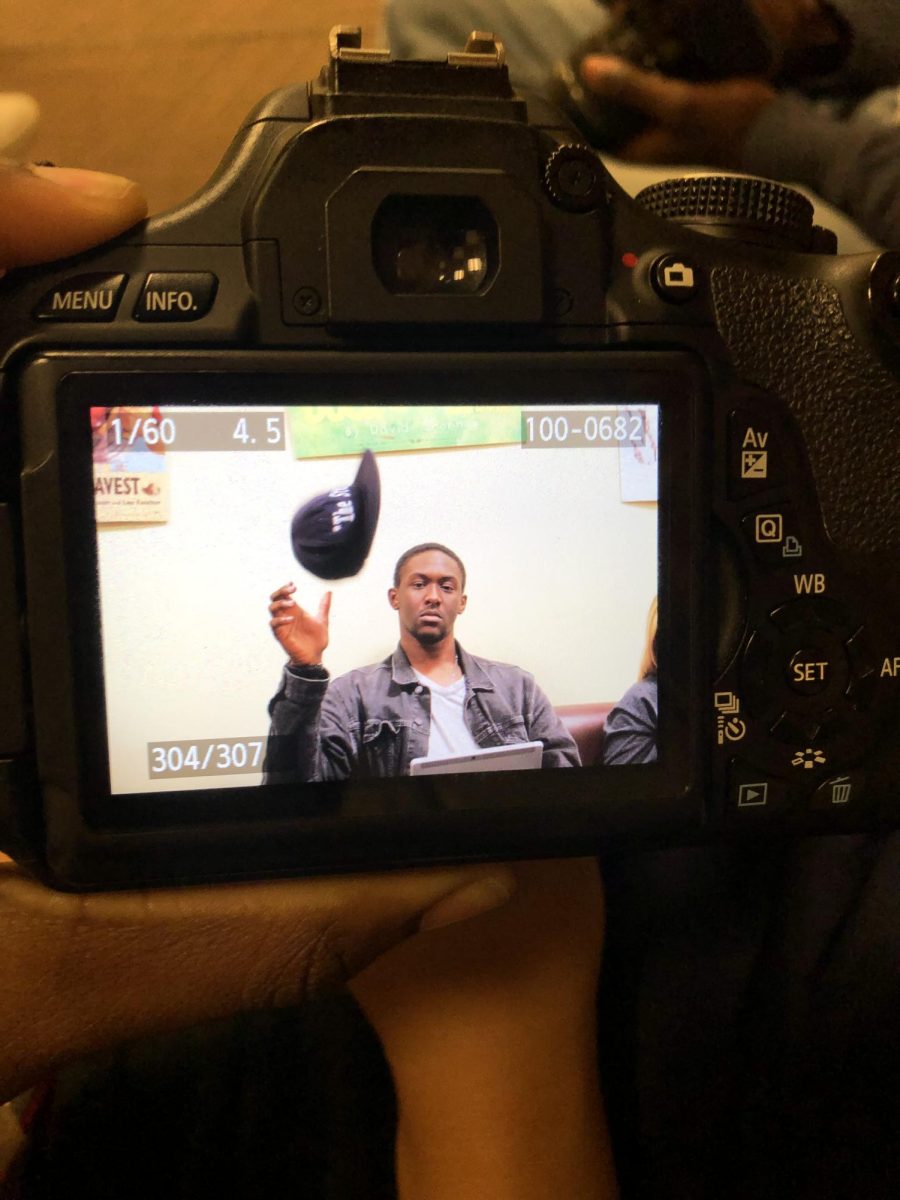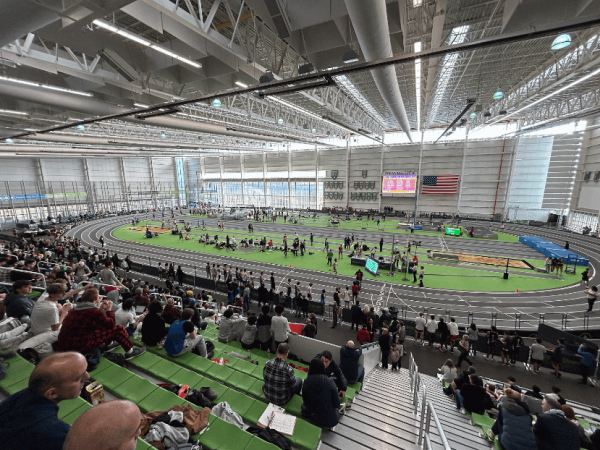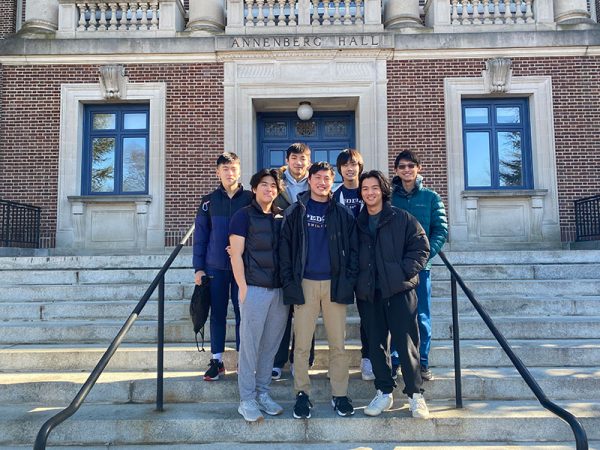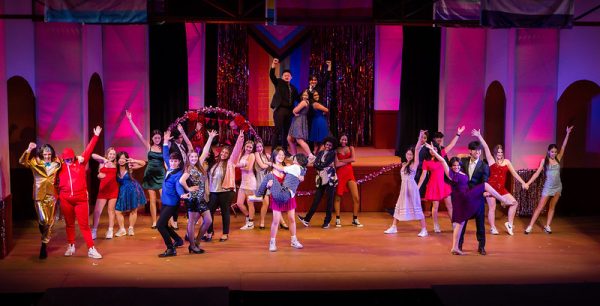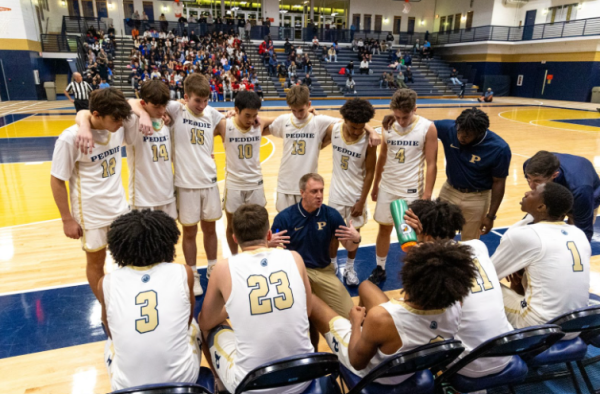Las Vegas Tragedy Hits Close to Home
October 12, 2017
Las Vegas was the scene of one of the deadliest mass shootings in United States history. On Oct. 1, from a room on the 32nd floor of the Mandalay Bay hotel, Stephen Paddock, a 64-year-old native of Nevada, fired bullets down at music lovers attending an open-air country music festival. In 10 minutes, he killed 58 people and injured 489 before taking his own life. The dead ranged in age from 20 to 67 years old.
Peddie student and Vegas resident Drew Stanley ’18 explained how this tragedy has affected those close to her back home in Nevada: “The tragedy in Vegas affected my community back home in tremendous ways, and the members here at Peddie felt the ripples. All known family is okay, but my old school has been running programs to help raise money for two girls affected and other students and their family members.”
“Nothing but time and community can mend the hole ripped by this tragic massacre,” continued Stanley. “Being far away but still a part of the Las Vegas community made this news hard to hear, but of course all we can do is support and send thoughts. Thanks to Peddie for being so understanding and helpful and reaching out.”
Paddock used a legal weapon enhancer called a bump stock, which enabled him to fire his semi-automatic guns, which can fire 60 rounds a minute, at the rate of fully automatic guns, which can fire 400-800 rounds a minute.
The shooting has revived calls for more regulation of guns. While the horrific 2012 mass shooting of elementary school students and teachers in Sandy Hook, CT did not result in Congress passing a ban on assault weapons, some members of the Republican Party have indicated a willingness to join Democratic colleagues in considering supporting limited legislation this time around.
Senator Diane Feinstein (D-CA) has introduced legislation to ban bump stocks, which are the accessories that allow semi-automatic guns to operate like fully automatic guns. Others have condemned efforts to enact gun control legislation as politicizing the tragedy and have indicated a preference for responding to the events by praying for the suffering families.

